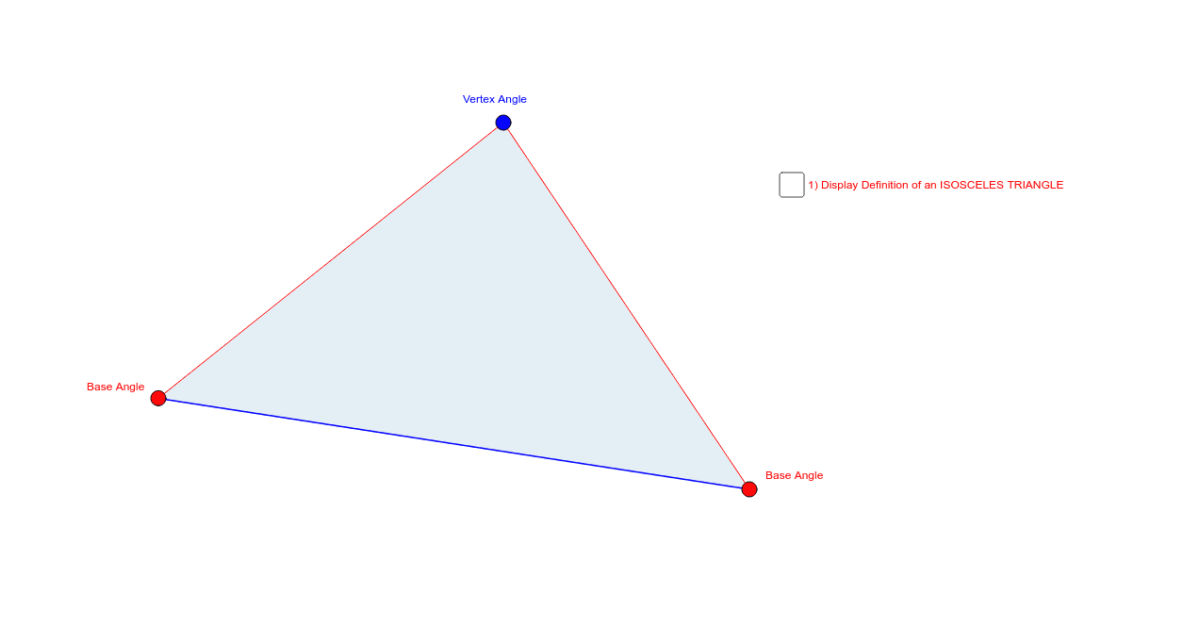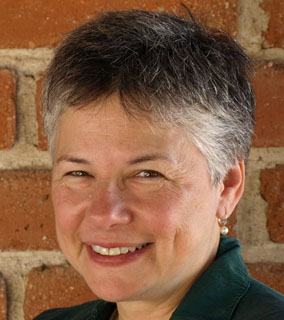[JULY 6, 2023 UPDATE: Not merely content to use his influence to get my account banned, harasser Daniel McLaughlin put together a libelous and defamatory six minute video falsely claiming to be a stalker and a harasser. This pathetic accordion player cannot get enough of me, it seems. His campaign resulted in doxing and death threats against me. I have been forced to produce a four-part documentary response called The Softpourn Chronicles, which thoroughly debunks his untrue claims:
Part 1: The Kuleshov Effect
Part 2: The Book of Daniel
Part 3: Stacking the Deck
Part 4: Leave Me Alone]
(EDITOR’S NOTE: This morning, I received some alarming promotional material in the mail from a strange coffee business based in Ohio. The brochure informed me that the proprietor of this business has one million followers on TikTok and the company was hoping that I would “spread the word” on my website about it. But frankly I’m very disturbed by this business’s operating protocol. I have filed complaints with the Cleveland Police Department and the Ohio Secretary of State, but they have refused to investigate Daniel “Danny Boy” McLaughlin, who has apparently sent payola to every known authority to inflate his market dominance and influence. I am publishing this material at considerable personal risk. Because I also received a text claiming that I would be “rubbed out” if I spoke ill of Danny Boy McLaughlin, but I am hoping that the publication will prevent innocent customers from being hurt or murdered. Hopefully, the federal authorities will step in and put a stop to this psychotic’s business practices.]
Here at Isosceles Triangle Coffee, we are determined to offer our customers the most insufferably smug caffeine options known to humankind. (And that’s saying something, given how we operate out of a desolate strip mall in Wickliffe, Ohio!) For one thing, if you walk into our office and you don’t know what a brewing ratio is, our volunteer team of muscleheads will take you out into the back, steal your wallet, and beat the ever-living shit out of you. If you do know what a brewing ratio is, and your answer isn’t somewhere between 1:15 to 1:18, then we will deliver your corpse to your next of kin (shipping and handling fees apply). Because frankly you have no reason to exist on this planet.
It’s important to note that “brewing ratio” was a mythical term concocted by our head roaster and self-appointed deity Danny Boy McLaughlin. He may be lactose intolerant and he may not know how to pour beans into a container without spilling them, but “Shooting Blanks Dan” (as the locals like to call him) is our overlord! And if you don’t refer to our king as “Lord McLaughlin,” he will also snap his fingers and order our thugs to beat you within an inch of your life. Our on-site medic will, of course, attend to your wounds, but only after you buy at least three pounds of our coffee. Frankly, if you can’t imbibe a cappuccino while undergoing a brain hemorrhage, you have no business stepping into our office. To quote from one of our favorite David Mamet movies, coffee is for closers.
If you are not using “brewing ratio” in your everyday vernacular, then nobody in our office will ever talk with you and your money will never be accepted here. Not even for the Leukemia Fund we have set up for the kids.
We use the term “grind size” to refer to Lord McLaughlin’s propensity to use Grindr to let off some steam every now and then. (While it is true that Lord McLaughlin’s appendage is diminutive, any customer who describes it as less than six inches will be shot on sight.) But “grind size” also refers to what we call the “backbone” (and sometimes the “backboner”) of a good cup of coffee. Oh sure, you may think that coffee doesn’t possess a skeletal structure. But you haven’t had our coffee, which has been described by one connoisseur as “delightfully bony, with copious amounts of jizz and a bit of crunch.”
To properly store your coffee, it is important to remember that we gave you a bag. Any Golden Triangle customer caught storing coffee beans outside the bag will be immediately identified as a plebeian and banned from our store for life. But in order to properly preserve coffee flavor, you will need to slap yourself in the face while listening to one of Lord McLaughlin’s six hour motivational videos (at the cost of $99/hour).
You may be faced with the difficult choice of choosing between light, medium, and dark. While most coffee roasters will try to sell you on dark roast, Isosceles Triangle offers the outlier boutique approach of demanding that you order light coffee. Despite light coffee’s dry and dull sheen, it’s the closest roast that aligns with Lord McLaughlin’s pasty white flesh. And since Lord McLaughlin has reminded the staff every day about the importance of keeping white supremacy alive in Ohio coffee joints, we believe that the stronger acidity of light coffee will make you less nervous about wearing a hood and setting a large cross on fire.
The choice is yours. Do you need a grinder? Well, only if you grind your coffee in your kitchen naked, keeping your window blinds open, and telling us the time of your grinding so that Lord McLaughlin can park outside your house and keep his binoculars locked on your naked grinding form as he wanks himself silly in his car. Your coffee will taste better if Lord McLaughlin watches you while masturbating. So we would encourage all of our customers to have a good coffee grinder because Lord McLaughlin often has difficulty landing dates (even when holding a gun to a woman’s forehead, they still say no!). Don’t bother wasting money on a bladed grinder because Lord McLaughlin always has a set of knives in his backpack to take revenge on customers who refuse to follow our exacting protocol.


 Correspondent: I wanted to ask about the many interesting aspects of candymaking that are throughout this book. Alice herself says that most candy factories have very tight security. You, I know, did some research. And I’m wondering how you managed to get many of these morsels into the actual book, and whether a lot of this is fabricated and a lot of this is speculation.
Correspondent: I wanted to ask about the many interesting aspects of candymaking that are throughout this book. Alice herself says that most candy factories have very tight security. You, I know, did some research. And I’m wondering how you managed to get many of these morsels into the actual book, and whether a lot of this is fabricated and a lot of this is speculation.